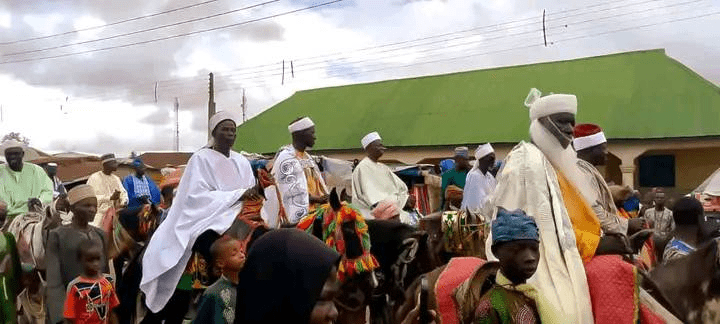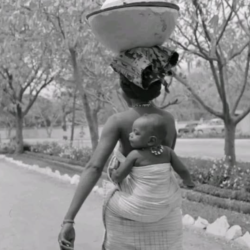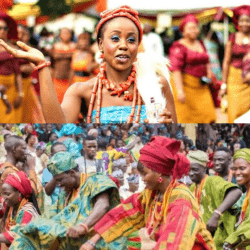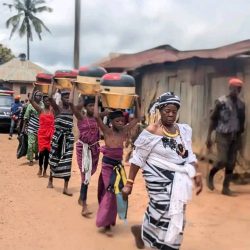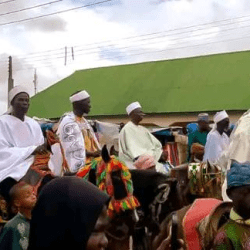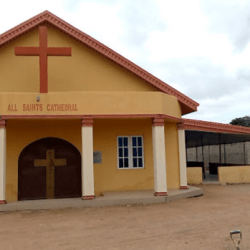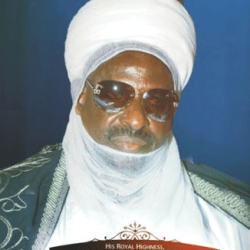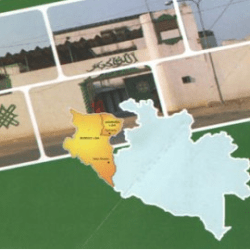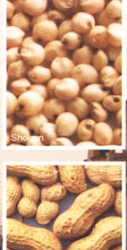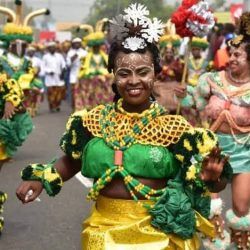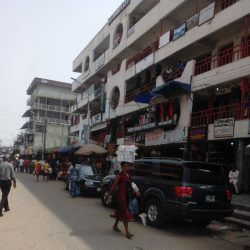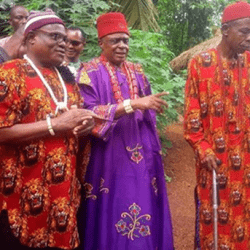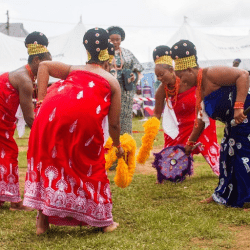The Fulbe, also known as Fulani in English and Peul in French, make up a significant portion of the Borgu population, accounting for over 25%. They refer to themselves as Fulbe (plural) and Pullo (singular), and their language is called Fulfulde, also known as Fula.
Social Status and Community Structure
Despite their substantial population, the Fulbe are often regarded as socially inferior in the Borgu region, with the exception of the Kaoje area. Historically, they have faced discrimination, being generally despised by other ethnic groups, and often restricted from holding political office. The Fulbe maintain their own traditional leadership and chiefs but have been treated similarly to slaves by the local rulers of Borgu.
Settlement and Economy
The Fulbe are predominantly sedentary, living in villages or encampments associated with towns like Baatombu and Boko. Their lifestyle revolves around cattle herding, but they also engage in agriculture, cultivating crops alongside raising livestock. The Fulbe trade milk, cheese, and cattle, and purchase agricultural implements and grains from Baatombu and Boko blacksmiths and markets.
Political Influence
The Fulbe have held political power in Kaoje since 1907, following the colonial government’s decision to grant authority to Sokoto. This has provided them with a measure of political autonomy in the area.
Religion
The Fulbe predominantly practice Islam, having been Muslim for a much longer period compared to neighboring ethnic groups like the Baatombu and Boko/Busa. However, they also practice traditional religions and have a small Christian population (approximately 0.6%). Notably, the Fulbe are relatively more receptive to Christianity in Benin than in other parts of West Africa, with an estimated 2,000 Christians among them.
Literacy and Education
Literacy rates among the Fulbe in Benin are quite low, with estimates suggesting only about 1% can read or write. This has implications for their overall educational attainment and access to resources.
Language and Literature
The Fulfulde Bible was published in 1983 in Cameroon, marking a significant step in religious and educational outreach. Several books from the New Testament have been translated into Borgu Fulfulde, which shares similarities with Sokoto Fulfulde, enhancing accessibility for the Fulbe community.
Summary
In summary, while the Fulbe in Borgu possess a rich cultural identity and a significant demographic presence, they continue to navigate a challenging social landscape marked by discrimination and economic marginalization. Their history of resilience, particularly in maintaining their cultural practices and religious beliefs, reflects the complexities of their experience within the broader societal context of Borgu.
